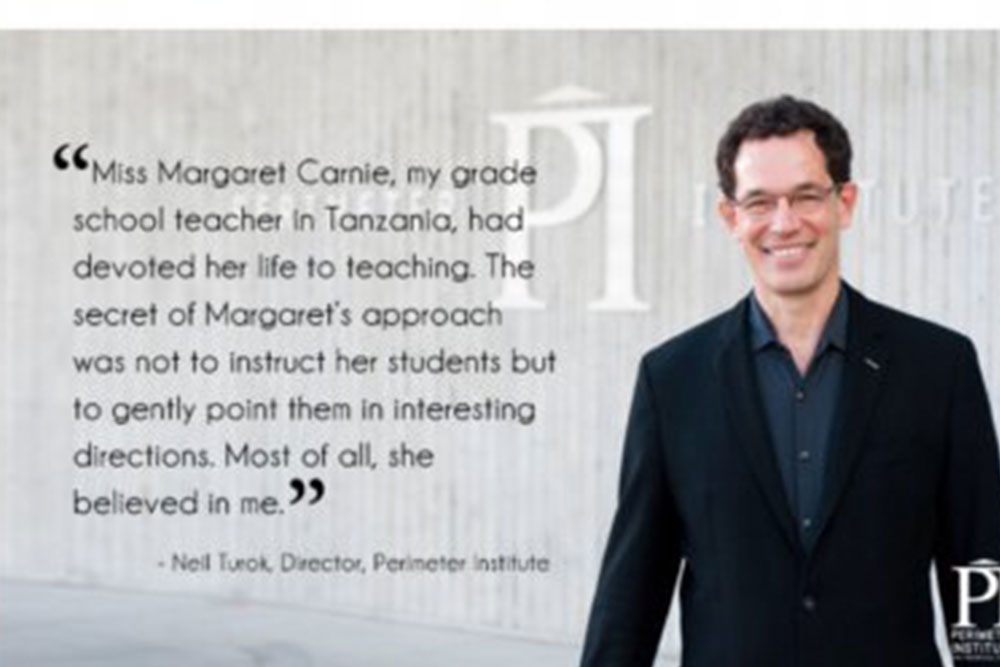
Role of Belief in the journey of self empowerment
Posted On – 04 Jun, 22
Author – Vaishali Gupta
When I read this honest feeling of a student for his teacher, I felt ‘belief‘ can be such a positive driving force, for not only a student, but each one of us.
The fact that someone ‘believes’ in us, ‘believes‘ in our potential, in what we do and what we can do, is such a positive reinforcement. ‘Belief’ can have such a transformative effect on children.
When we make a child feel that we believe in him/her, we send out a very positive emotion. This not only establishes trust between the child and the teacher or parent, but also gives a feeling of self worth and self confidence to the child. Trust and belief are very strong pillars that can hold up a child through failures and mistakes. Failure, that is mostly perceived as an overly feared negative situation for most children is actually a well established stepping stone towards success.
When we make the child believe in himself and his potential, then the child’s perception towards himself and his failures also changes. He does not look at failure or mistakes as a threat to his self identity or a collapse of his potential, but starts looking at it as an exciting opportunity for growth and improvement. When this perception gets deeply established, the child starts using failure as a launchpad for growth. Steve Jobs credits the success of Apple to multiple rounds of failure, followed by tremendous stages of improvements, which finally led to the stupendous success of Apple.
Whether we are able to give the child that positive response or not, depends on our reaction to failure and our self belief. If we do not believe in ourselves and our potential, we fail to give a positive injunction to our children. We need to periodically introspect and see how much we trust ourselves and how we respond to failure.
Are we ready to reflect and refine at every point of failure? Or do mistakes and failure push us towards our self created cocoon of victimhood? You could perhaps look at your reactions and observe: Do you see yourself saying “We can’t do it” or do you take up every situation as a challenge “Let’s try and give our best!” This can be a simple and quick response checker which you can keep handy while dealing with children.
As parents and teachers, we could perhaps try a simple five minutes daily introspection exercise where we look within and affirm: ” I believe in myself and my capabilities. I trust I will be able to do and achieve all that I focus on.” Once you remain established within, and operate from self belief and self trust, you will see how your outlook towards children changes and how you inspire children to live more fulfilling lives.
stay upto date
©2025 One Teacher One Scientist | All Rights Reserved


